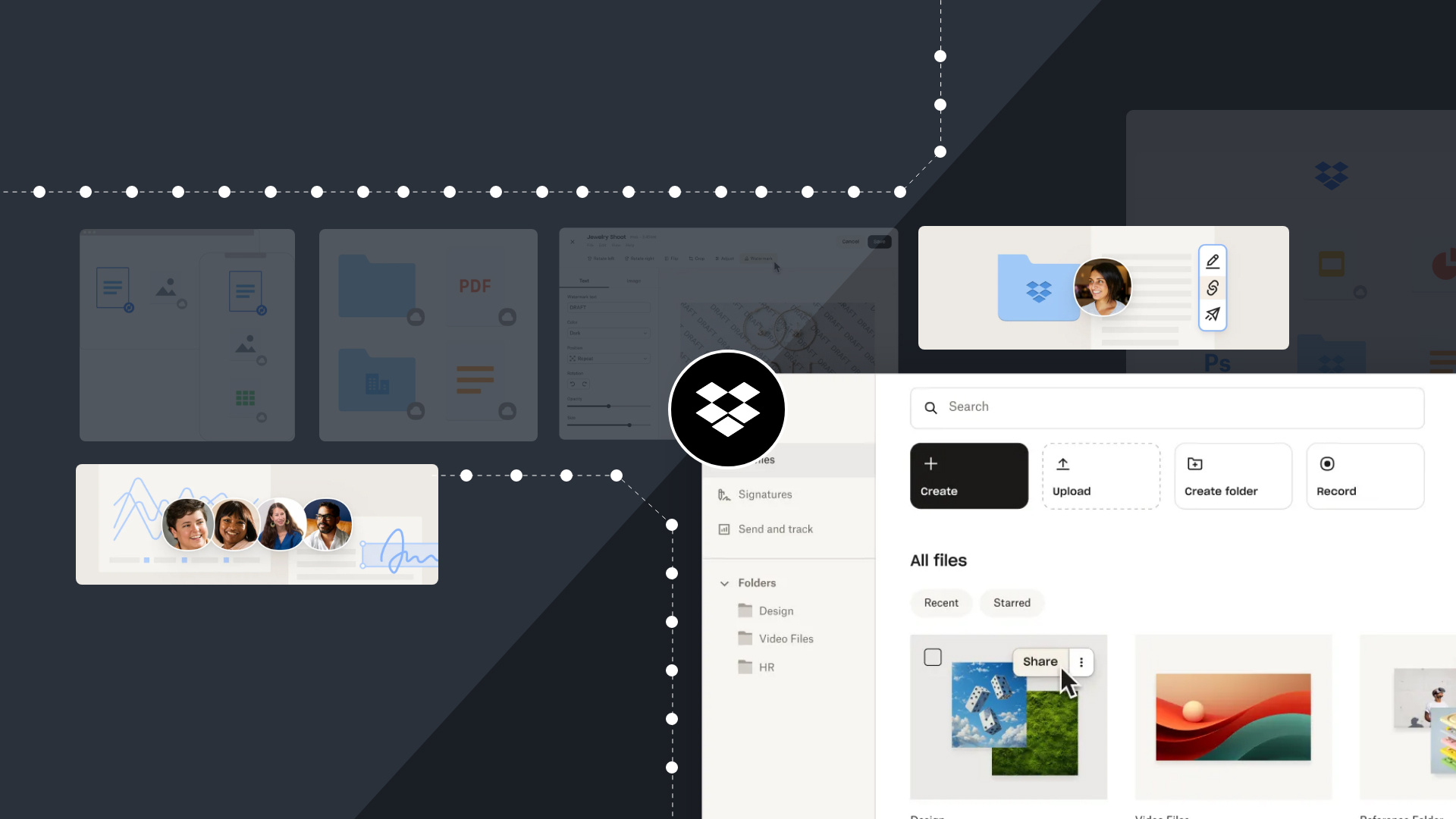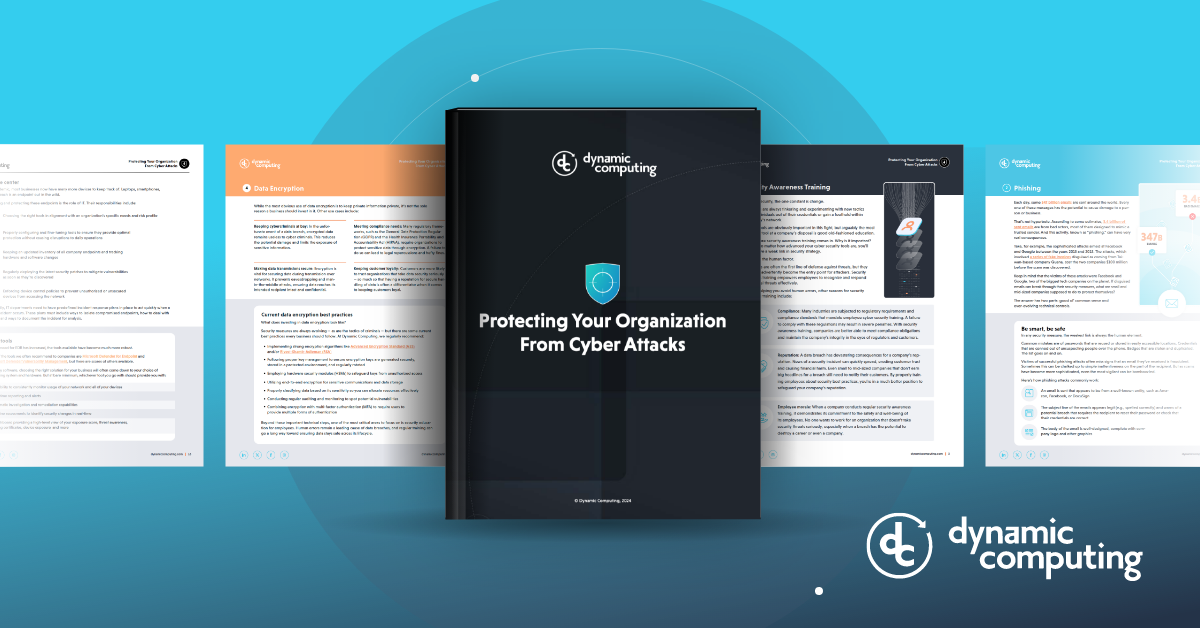What to Know About Partnering With an IT Shop
If you’re running a small to mid-sized business, chances are you don’t want to deal with the nitty-gritty of IT on your own.
That’s why many businesses look to IT shops to handle everything from network setup and cyber security to help desk support.
But like most things in business, whether an IT shop is the right fit depends on your specific needs, goals, and constraints.
The pros of working with a small IT firm
IT shops often have lower overhead costs than enterprise-level providers and can pass those savings on to their clients. That means you’re more likely to see flexible pricing models — such as flat-rate monthly service, hourly support, or pay-as-you-go options.
Additionally, while big IT companies often deal with dozens or hundreds of clients, a smaller IT firm may be able to provide faster, more attentive support simply because they aren’t as stretched thin.
This can make a huge difference when you're facing downtime or a critical issue. Having someone who picks up the phone, knows your systems, and jumps into action quickly is invaluable.
The cons of working with an IT shop
Of course, it’s not all sunshine and streamlined support. There are some potential downsides to be aware of when working with a smaller IT provider. These include:
Limited resources
One of the most significant challenges with smaller IT firms is that they don’t have the same depth of resources as larger companies. That could mean:
- A smaller team, which might be stretched thin during peak times.
- No real specialists, so they may not be able to support highly complex or niche systems.
- Limited capacity to scale with you as your business grows rapidly.
This doesn't automatically mean poor service — but it does mean you need to ask the right questions up front. Can they handle an emergency? Do they have backup personnel? How do they manage multiple client issues at once? What happens when the owner goes on vacation?

Dependency on key individuals
Many small IT firms rely heavily on a handful of key employees. While this can mean you’re getting support from highly experienced professionals, it also means your experience could be dramatically affected if someone leaves, takes time off, or burns out.
This kind of “single point of failure” risk is something to consider — especially if your business relies heavily on uptime and rapid support.
Less formalized processes
Small IT firms can be agile — but they may also lack the formal documentation, processes, and consistency of larger companies. That might mean:
- Inconsistent support experiences.
- Lack of clear SLAs (service-level agreements).
- Reactive rather than proactive service.
This won’t be true for every IT shop, of course. Many pride themselves on professionalism and strong processes. But it’s something to watch for, especially if your business values predictability and structure.
Gaps in expertise
Need help with advanced data analytics, machine learning, or complex compliance requirements like HIPAA or PCI-DSS? A smaller IT provider may not have deep bench strength in highly specialized areas.

They might still be able to help by partnering with outside consultants or training up on demand — but that could add time and cost to your projects. If your business depends on very specific technologies or compliance frameworks, you’ll want to vet their experience thoroughly.
Make the right choice
Whether you choose to go with an IT shop or a larger, more expansive partner depends on what you're looking for.
If your business needs personalized support, fast response times, and a flexible partnership, an IT shop can be a perfect match. They’re often more affordable, more approachable, and more aligned with the needs of other SMBs.
But if you need round-the-clock support, deep technical specialization, or highly scalable infrastructure, you may need to look carefully at what a smaller firm can offer.
We leave our IT in Dynamic Computing’s strong and very capable hands, so we can spend more time on our organization’s priorities.
Linley Kirkwood, Operations Officer / Malaria No More








